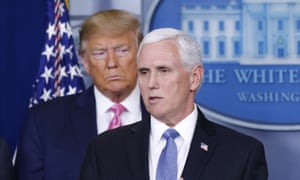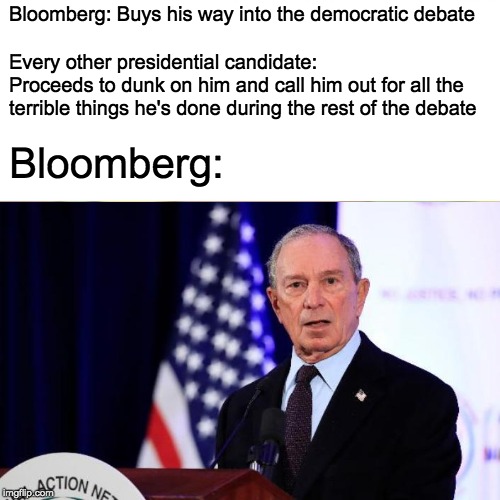Due to the ongoing problem of the spread of coronavirus around the world, Trump has put Pence in charge of solving the problem. Although Pence does not have much experience in health policy, Trump believes that he is capable of creating a response that will stop the spread of coronavirus because of his experience as the governor of Indiana. As a former governor, Pence had to deal with healthcare in different ways, including creating his own version of medicaid expansion and handling an HIV outbreak. As the leader of the coronavirus response, he appointed Birx, a State Department official who deals with the response to HIV/AIDS, to provide research on disease and vaccines. Pence has in addition promised that under his plan, “[him and others] will continue to bring the full resources of the federal government… to see to the health and well-being and to the effective response to the coronavirus in the United States of America."
Action must be taken to stop the coronavirus outbreak, as it has already spread to a lot of countries and continues to spread even more. The number of deaths associated with coronavirus continues to rise, so it is necessary to solve the problem before it worsens and kills more people. Furthermore, this outbreak has caused the public to fear their health, so the quicker a solution is reached, the calmer the public can be. I believe that people who know a lot about healthcare should be involved in the coronavirus response, as they could help find a solution for the outbreak quicker.
2. Was it a good idea to put Pence in charge of the coronavirus response?
3. What else can be done to prevent coronavirus from spreading?








